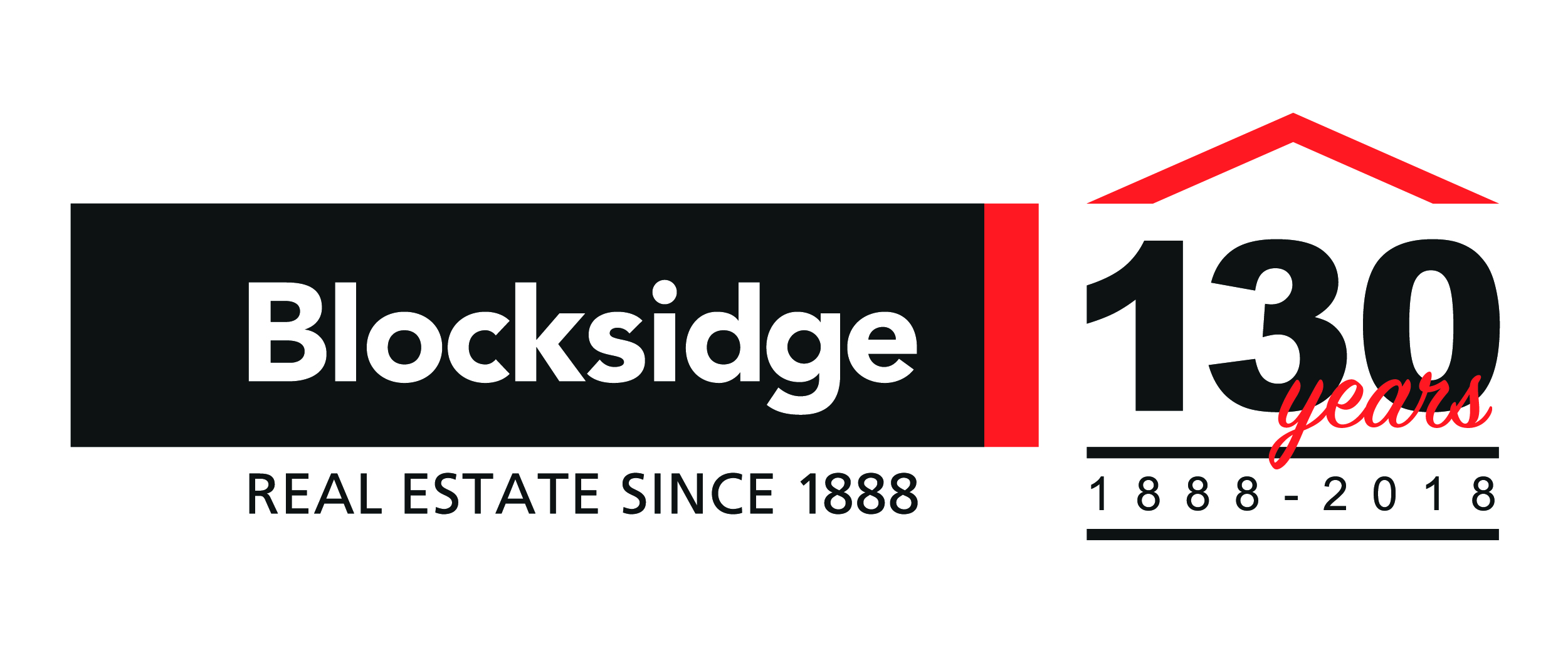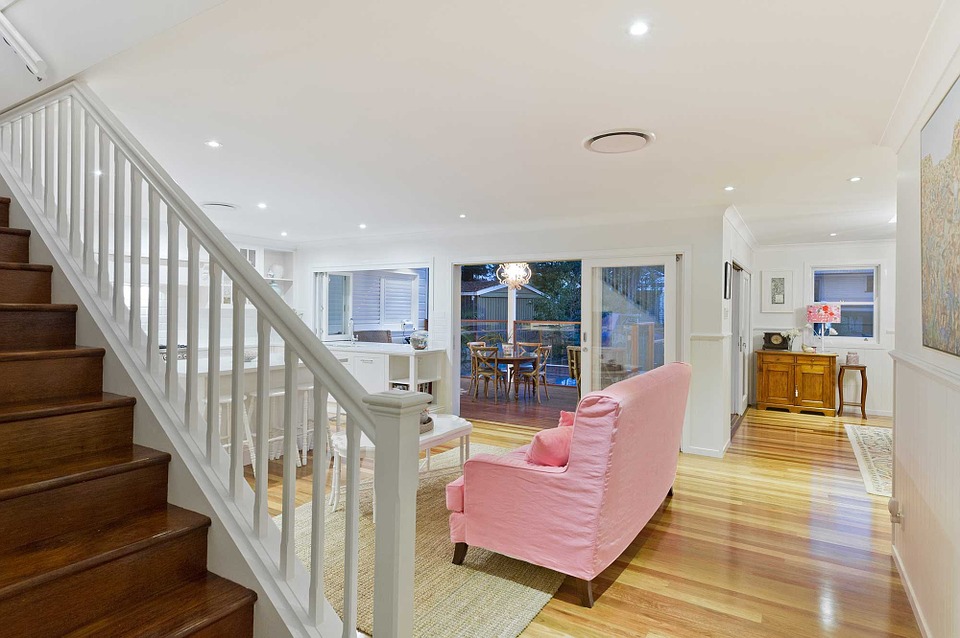Common questions from property investors
Australians have long had a love affair with investing in property. We see it as a reliable investment opportunity to grow our money. However, although real estate has made some of us wealthier, it has also stung a few of us. So it’s important to always approach a real estate purchase with as much care and strategic planning as any other investment decision.
Property investors need to ask plenty of questions before throwing hard earned cash at any particular real estate investment. There are three questions in particular that every property investor should ask. So, before you think about tenants, capital growth or colour schemes, consider these…
1. SHOULD I BUY A NEW OR ESTABLISHED PROPERTY?
This one comes down to the data and to your investment goals.
Historically, established properties within 10-15km of city centres have delivered the best capital growth for property investors. However, these are likely to be more expensive to buy and come with smaller tax benefits.
Buying a new property, or building one, can deliver a selection of tax benefits. These can include depreciation of fixtures and fittings, and a 2.5% annual write-off of the building cost. The size of the tax refund depends on your marginal tax rate. However, tax shouldn’t be your sole reason for investing. For example, if your strategy is negative gearing (where expenses exceed income to give you a tax deduction) you will be losing money. So aim to be positively geared eventually.
Newer properties, particularly new houses, are more commonly found further away from city centres. This generally makes them less expensive than properties closer to the city centre. For example, a new four bedroom house at Forest Lakes may cost a little over $500,000 whereas a four bedroom house at Norman Park or New Farm may cost around a $1million. Newer properties are also less likely to deliver problems based on their age (e.g. maintenance). Just keep in mind that some experts question the quality of modern construction compared with homes built a couple of decades ago.
VERDICT: assess your budget and investment goals to determine whether a new or established property will give you your desired outcome.

2. SHOULD I BUY A HOUSE OR A UNIT?
Jonathan Blocksidge likes to rephrase this question as, “would you prefer to buy land or airspace?”. Simple but effective. Many property experts will say that they are a fan of buying land as that’s where the value of property really sits. For example, many real estate experts say that land is the part of the property that appreciates in value, while the buildings depreciate. The depreciation in value is the reason why property investors can include depreciation in their tax return.
Apartments also mean that property investors are sharing their property with many other owners. For example, if you own an apartment in a 5-storey building, you’re sharing your piece of land with five floors of owners. As part of this sharing arrangement you’ll incur extra costs that houses do not (e.g. strata fees). Apartment prices also fluctuate a lot more than houses. As we Brisbane residents know, the recent rush of apartments into the Brisbane property market has seen prices fluctuate greatly.
However, despite the reasons above, apartments remain popular with property investors. If bought well and with the right timing, they can deliver some growth in capital value. Apartments can also provide better yield than houses as the purchase cost can be so much lower.
In addition, apartments can be a great property investment if you’re looking for a cost effective holiday place.
VERDICT: review your budget, determine if you want to use the investment property and assess how much you want to spend in upkeep costs per year to determine whether you want an investment house or an investment apartment.

3. INTEREST ONLY LOAN OR PRINCIPAL AND INTEREST?
This is the last question and it’s the one with the most straightforward answer.
If property investors have other personal debt, it may be best for them to choose an interest only investment loan until the other personal debt is paid off. This is due to the tax deductability of investment loans. However, there are important considerations so talk to your accountant, mortgage broker or financial advisor to ensure you’re making the best choice for you.
VERDICT: if property investors have personal debt it is likely an interest-only investment loan will suit them best. However, talk to your accountant, mortgage broker or financial advisor to get the best advice for you.
If you want to do a bit more research on this topic below are some good articles to get you started –
- You can read a detailed comparison for buying a new or established investment property by Your Investment Property Magazine here
- George Raptis a property strategist wrote a very balanced and considered article on houses v apartments as investment properties for Which Property Investment? (read it here)
- Canstar have written a great article on the pros & cons of interest only investment loans (read it here)
- MoneySmart have put together some case studies and a calculator that provide great information on interest only investment loans (read it here)


